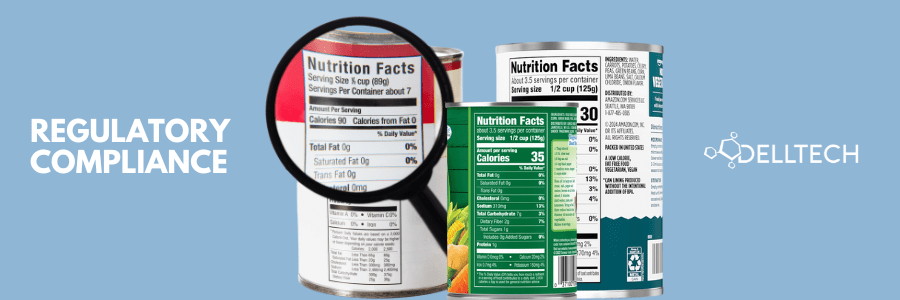By: Kirsten Alcock, Manager of Product Safety, email
The Consumer Product Safety Program of Health Canada routinely performs planned national inspections which they refer to as Cyclical Enforcement (CE) Projects. As part of Health Canada’s compliance verification mandate, the program is currently conducting projects in which a representative from Health Canada will contact consumer chemical product manufacturers and importers to inspect their classification records. If they ask for these classification records, you are required to provide them. Ideally, you should have these on hand. If you do not, they will give you a timeline to produce these documents.
Health Canada is responsible for the administration and enforcement of the Canada Consumer Product Safety Act (CCSPA) and its regulations. The CCPSA provides the authority to protect the Canadian public by addressing and/or preventing dangers to human health or safety that are posed by the usage of consumer products within Canada. The Current List for cyclical enforcement can be found here.
Until recently, there was a very large decrease in the number of products undergoing recalls and cyclical enforcement – likely due to COVID-19. If you go to the website I provided above, you will not see any enforcement projects listed for 2021 but this does not mean that the inspectors are not out there looking over non-compliant labels and products.
When it has been determined what the cyclical enforcement for the year may be, Health Canada will issue a meeting request with your company and advise which products they will be requesting samples for. In order to prepare for a meeting, your company may need the CCCR Checklist records for these hazardous products. The checklist itself requires knowledge of the packaging, toxicology, the physical hazards, which classifications are applicable, etc. If test data exists for the product as a whole, we would suggest providing this documentation to the inspectors as well. Be sure you are using a method that Health Canada currently accepts. Although there are many new in-vitro test methods available, Health Canada has NOT accepted all of them. Note that the more complete the package, the fewer questions Health Canada will need to confirm with you.
CCCR checklists can be very daunting to prepare however that is where Dell Tech comes in. We are experts in the preparation of CCCR Checklists. We have prepared hundreds of these documents over the years for a range of products from your regular household cleaners to the fragrances you use within your homes. In order to prepare for your inspections, you will need to have these checklists created. If you need help with this, do not hesitate to contact us. We can provide you with a quote and a turn-around time on their preparation.
Get prepared ahead of time! Don’t put your company reputation at risk! Don’t put your relationship with your distributors and sellers at risk by having non-compliant labeling. Contact Dell Tech for help with consumer label compliance. We have the knowledge and experience to help you and your team.
For more information on our services:
Contact:
Dell Tech
Kirsten Alcock, B.Sc. (Hons)
Manager, Product Safety Group
519-858-5074
kirsten@delltech.com
Dell Tech has provided professional, confidential consulting services to the chemical specialty
industry in Canada, the USA, Europe, and Asia for the last 40 years.
Contact us today for more information.
www.delltech.com




